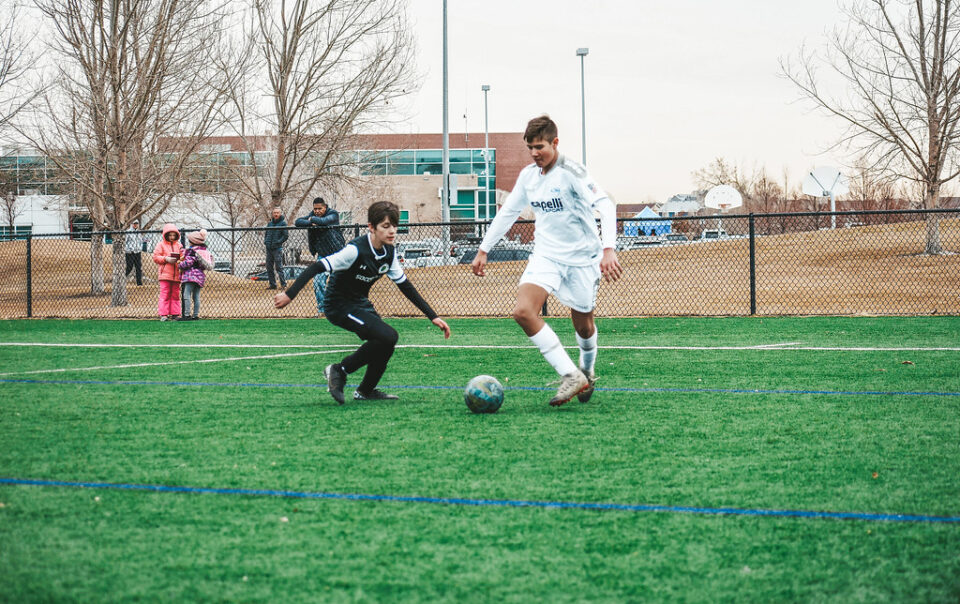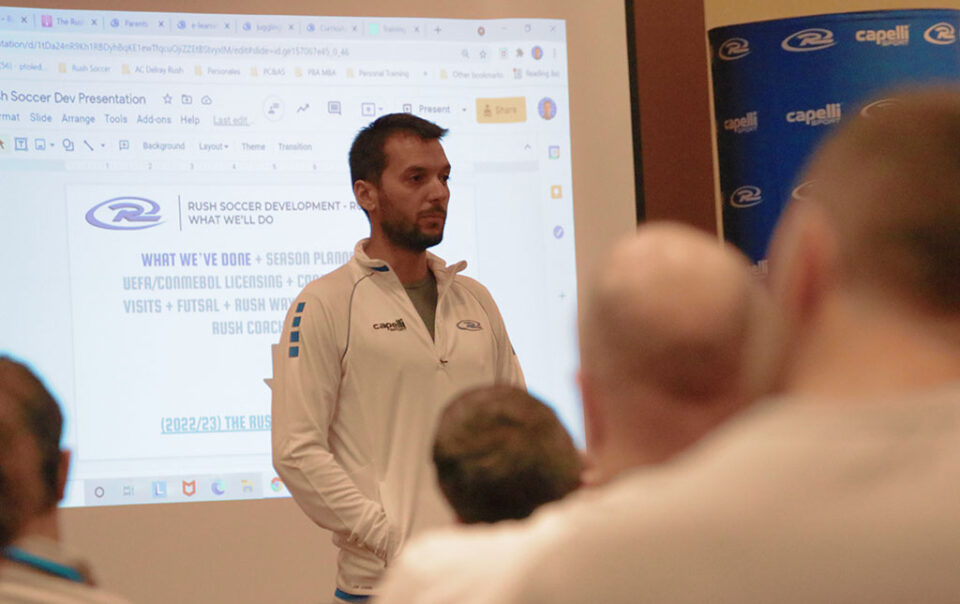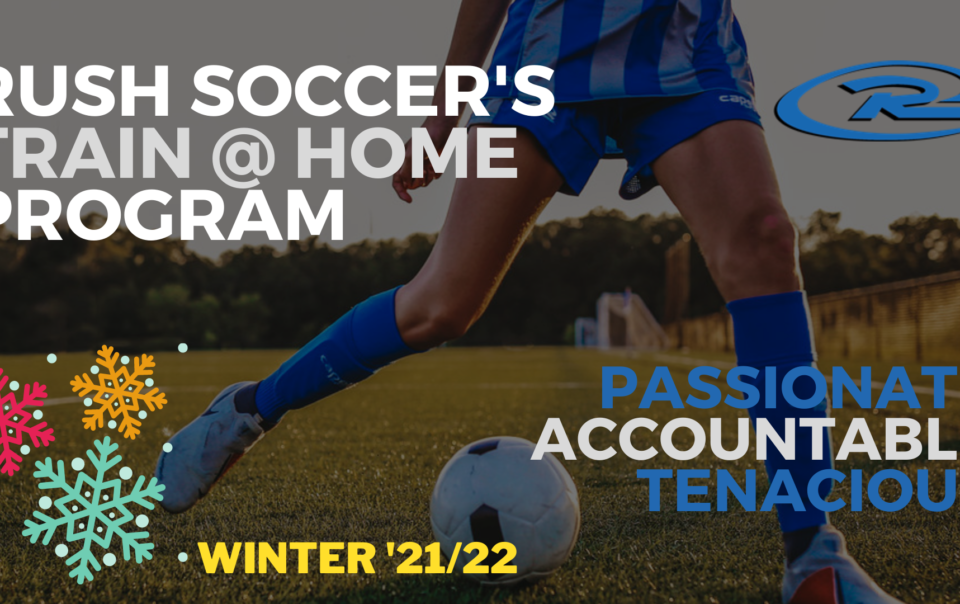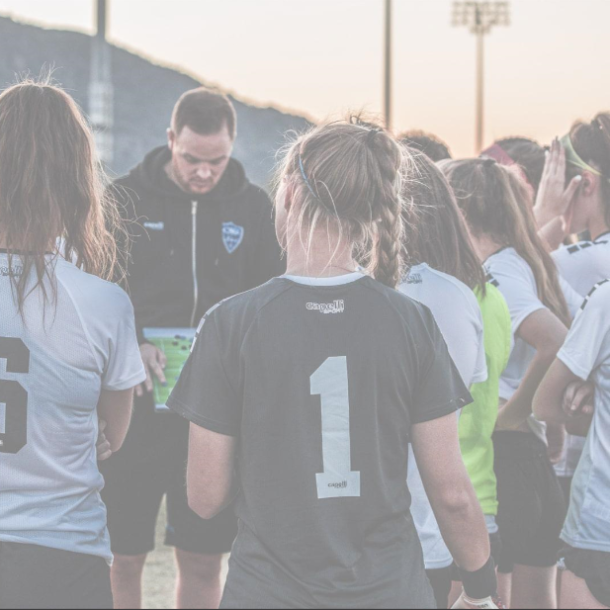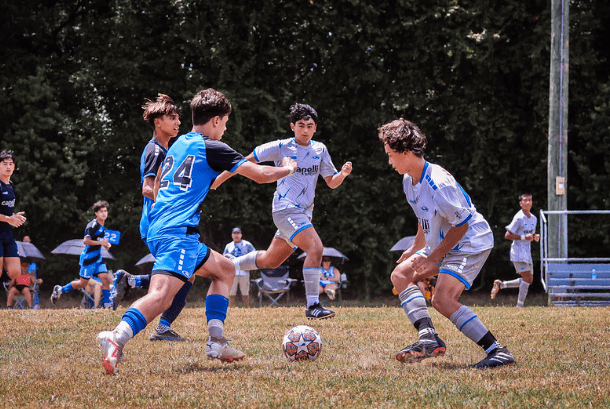
Coaches, would you like for your players to do more reps outside of practice & games?
Let’s face it, we know that answer.
It’s unquestionable that the proper physical training will take you far, but without a strong mindset, pieces can start to crumble much sooner than later.
Sports Psychology offers a mental developing playground to optimize our abilities, but our work can’t be measured the same way you measure speed, resistance, or force.
Mental conditioning is about trusting the process and believing that the tools you learn will help you even if the results take a different shape.
You’ve probably heard about breathing exercises to aid with concentration, focus, centering and much more. Visual exercises aid in a similar way – by training our mind to foresee scenarios and create actions, movements to prepare ourselves differently when the actual moment comes, i.e., reducing anxiety.
In the search of expanding our mental performance I met with Patrick Laine, Father of a young Miami Rush player, PhD scientist and founder of Dreamigos.
We had an interesting conversation about the power of dreams. Here’s a short script of our conversation:
Patrick: -A dream is a series of images, concepts, feelings, typically experienced spontaneously within the subconscious mind during specific sleep phases”-
Santiago: – “Do all of us dream?”
Patrick: – “Yes, we do. Even if we say we don’t or can’t recall our dreams, we do. It’s a way our brain has of processing stimulus. Actually, on average, humans engage in around two hours of dreaming per night (4-6 dreams per night), with each dream lasting roughly 5 to 20 minutes. Despite this timeframe, individuals often perceive their dreams as lasting much longer”-
Santiago: – “This is certainly another reason why resting well is so important”
Patrick: – “Of course. Sleep loss or poor sleep quality impairs athletic performance and limits recovery following injury. Also, our studies show that people can benefit by sharing their dreams, and actually athletes that share their dream have an edge.”
Santiago: – “How is that?”-
Patrick: – “Well number one would be that by getting players tuned into their dreams and sharing their dreams with teammates their empathy for those listening to their dreams increases – team bonding is enhanced; also when kids share dreams, their self-esteem increases; and in regards of visualizing when comparing athletes using mental imagery during lucid dreaming, their athletic performance is enhanced more than if they use mental imagery during an awake state; and finally they get extra sleep – think about it, many kids do not want to go to sleep on time, but if they can play soccer in their dreams – they will now look forward to sleep. The entire relationship with sleep transforms.
Santiago: – “Could we relate emotions with dreams?”
Patrick: “Lucid dreaming can reduce the emotional load on an athlete; the practical significance of lucid dreaming for sports is that the athlete has no need to fear mistakes or negative judgements of others in a lucid state. At the same time lucid dreaming can reduce that performance anxiety felt before a big game.
Santiago: – “That’s interesting. How could we cultivate an environment where dreams become another tool for mental performance development?”
Patrick: – “First ask your players about their dreams and listen when they share. Second, encourage them to record their dreams – we forget dreams quickly – a digital dream recorder that allows entries to be submitted in a variety of ways (verbal, typed or a photo of handwritten notes) makes it easy, and once dreams are recorded, they can be shared or saved and kept private. The foundation of a dream journaling app such as Dreamigos is that engaging in dream recording enhances dream recall. Furthermore, the more we talk about dreams and listen or read about others’ dreams, the more our brains will remember our own dreams. Dreams are stories from our subconscious. The more we tap into it, the more we learn about ourselves and our potential”.
At our Sports Psychology department we preach “know yourself to improve yourself”. How we value, perceive and understand ourselves impacts directly on our performance on the field. Dreams provide useful information that we might not always understand, but that means something specific to each of us.
Please feel free to reach out to me at [email protected] if you’d like to know more about dreams and how to promote activities amongst your players.
In the end I guess our dreams do have powers.


